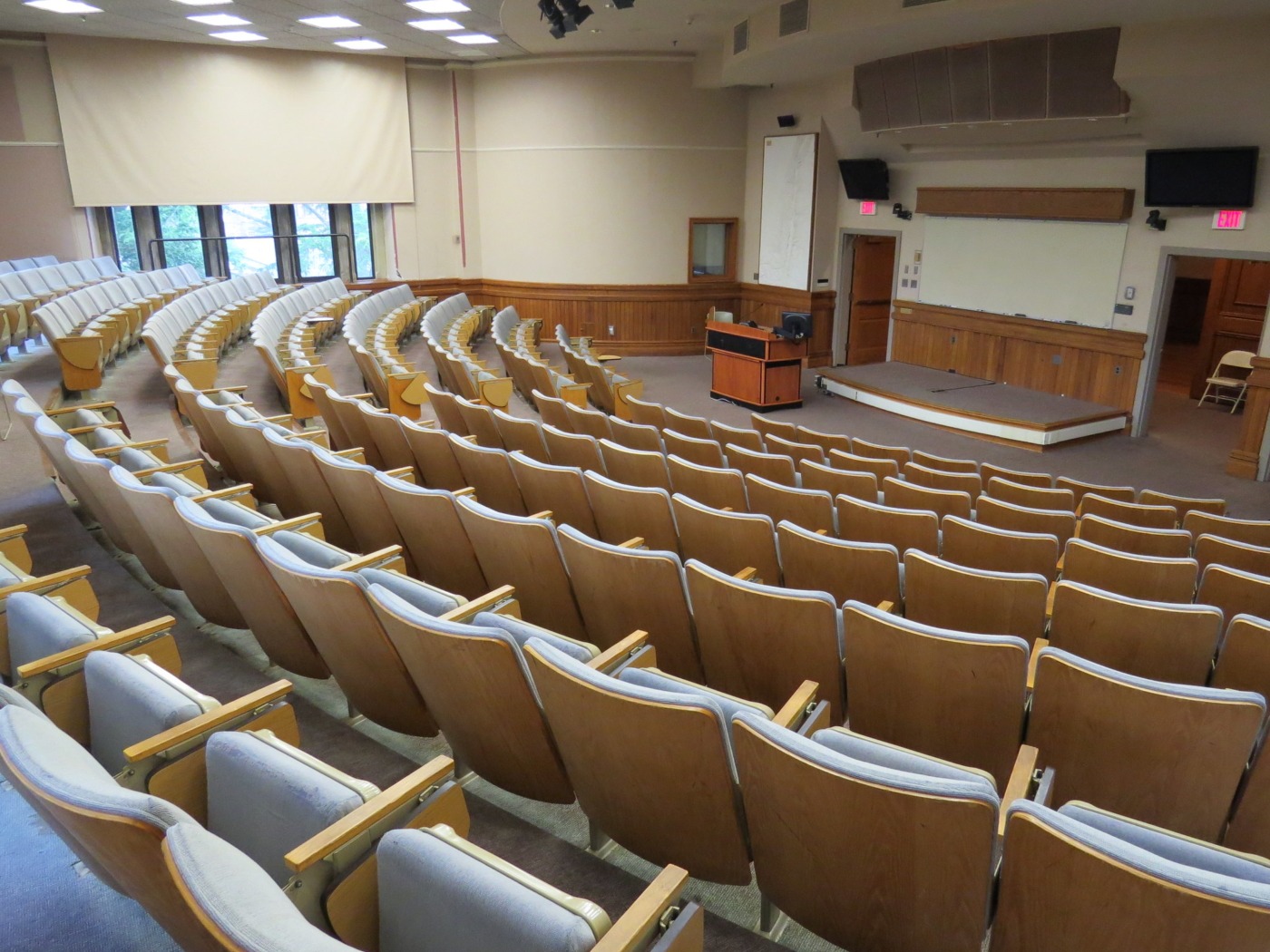The real cost of free tuition
The government in Scotland has proudly proclaimed that it is committed to delivering access to higher education for all, and it offers free tuition to its own citizens as part of this promise. So it may come as a shock that the chances of a Scottish university applicant being offered a place have actually slipped (59.6%, a 1.6% drop on last year). How does this fit with the government’s aims, and with the idea of free education in general?
One of the problems with talking about this that we don’t know exactly why the Scottish applicants aren’t getting places. In order to be able to offer free university tuition to Scottish students, there is a cap on the number of places available – the country simply would not have the money to pay for every Scottish applicant to go. This year, despite a record number of places up for grabs, there were considerably more applicants, and a cap means a lot of them have to lose out. Another possible explanation may simply be that the Scottish youngsters weren’t good enough, or that they applied to courses for which they were judged unsuitable.
So how do we square this with a Warwick point of view? Well, free education is a particularly contentious issue here, as the events at the Slate this month with our friendly neighbourhood activists will lay testament. Dare to suggest that free education may not be a glowing beacon of hope with no faults and you’ll be set upon by wolves.
There are too many students for free tuition to be viable
But yet, that’s not exactly the case. There are arguments for and against tuition fees and the Scottish example seems to provide a case where free education is not strictly working for its students (indeed, many Scottish students will simply have to not go to university or be forced to pay fees elsewhere). In this, we have to note that tuition fees aren’t even the problem they’re cracked up to be (cost of living is a different story entirely, however). It’s essentially a graduate tax, and the money you may back is money your education helped you to earn, which seems eminently reasonable to me (although it could then be argued that having to pay this money is a disincentive in itself).
I agree that the chance to learn should be available to everybody, and that the inability to pay shouldn’t be a reason to lose this chance. It’s also without doubt that a more educated society comes with numerous benefits (higher levels of productivity, innovation and happiness, to name just three).
But then, universities are under financial pressure because we push 50% of 18-year-olds in this country to go – in doing this, there are too many students for free tuition to be viable, let alone depriving the country of lower level vocational skills (which we really do need). You could also say that fees help to maintain standards in a time when public spending is being cut, and that you’re more likely to value and work for your degree if you’re paying (I know people now who do nothing but party and coast – I’d hate to imagine what they’d be like if money weren’t a worry).
I’m not claiming to have all the answers, and I think both sides of this debate are equally compelling ones. Would Warwick benefit from scrapping tuition fees? Possibly, possibly not, but it would do well to look at Scotland as an example of something to really bear in mind.

Comments